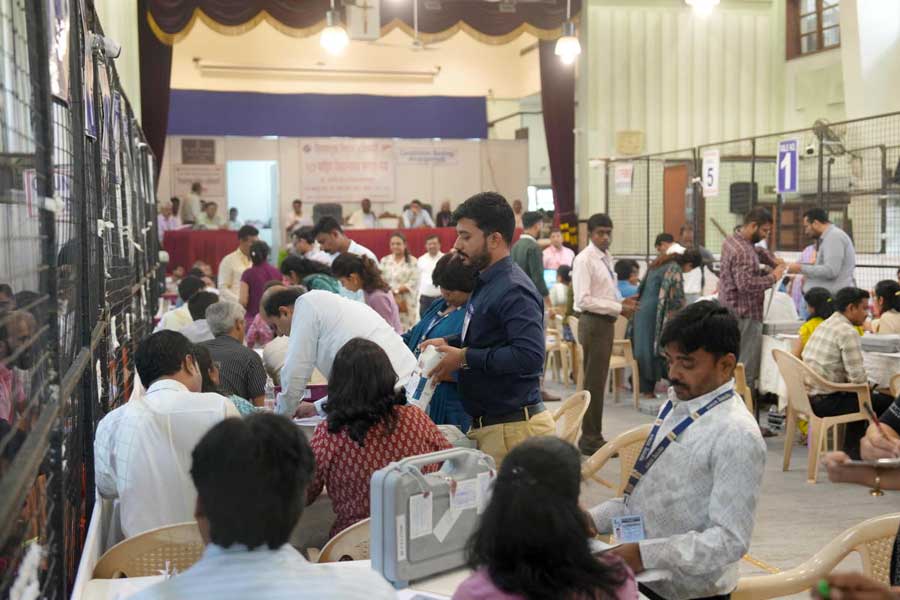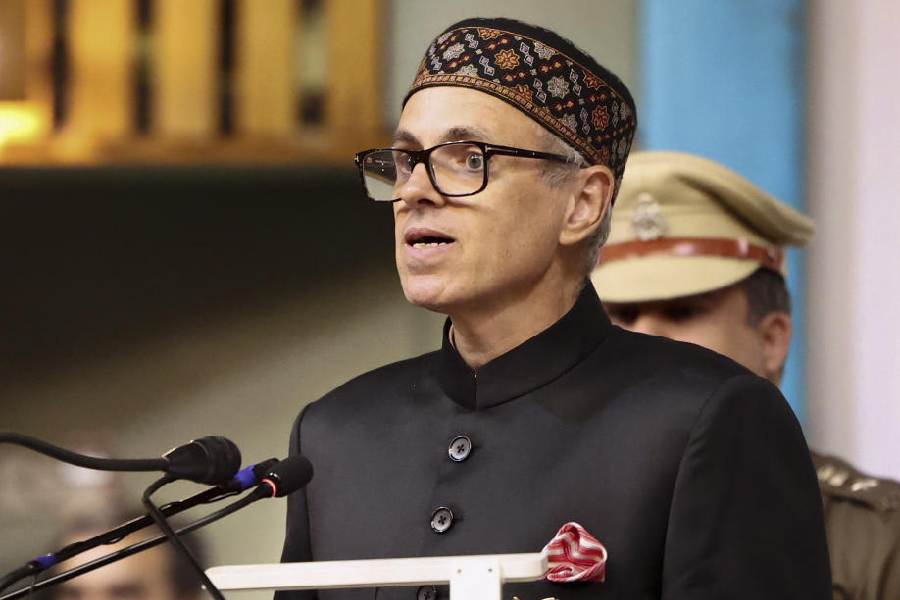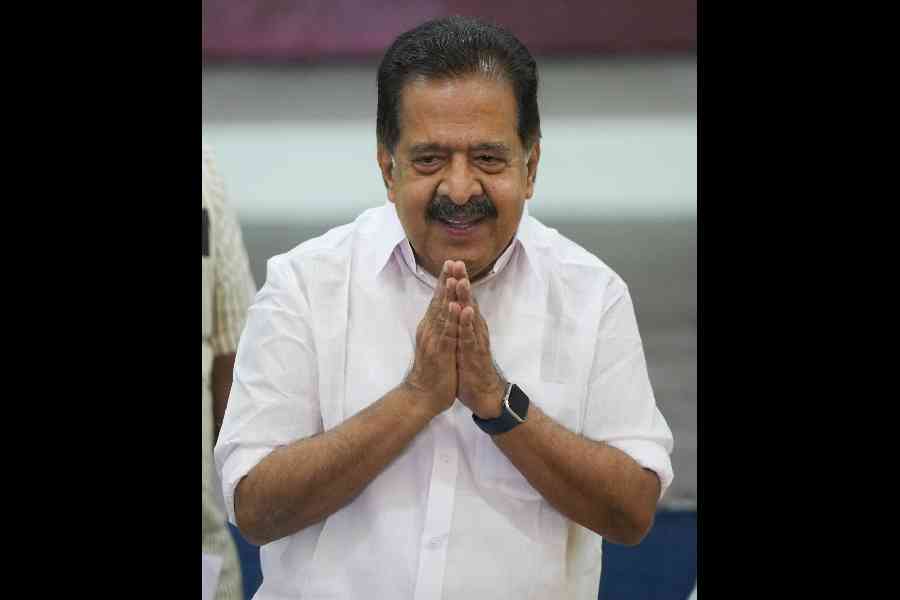AIMIM President Asaduddin Owaisi on Monday said the Citizenship (Amendment) Act is divisive and based on Godse’s notion that Muslims should be "reduced to second-class citizens".
Reacting to the Centre notifying the rules for the Citizenship (Amendment) Act, the Hyderabad MP alleged that along with NPR-NRC, CAA is meant to target Muslims and serves no other purpose.
"Understand the chronology. First the election season will come, next will be the CAA rules," he said.
"Indians who came out on the streets to oppose CAA-NPR-NRC will have no choice but to oppose it again," Owaisi said in a post on social media platform X, stating that his objections to CAA remain the same.
Batting for asylum for "anyone who is persecuted," he said citizenship must not be based on religion or nationality.
Owaisi sought to know from the BJP-led NDA government why it kept these rules pending for five years and is implementing it now -- just ahead of the Lok Sabha elections.
"Give asylum to anyone who is persecuted but citizenship must not be based on religion or nationality. The govt should explain why it kept these rules pending for five years & why it’s implementing it now. Along with NPR-NRC, CAA is meant to only target Muslims, it serves no other purpose," the AIMIM chief remarked.
On earlier occasions, Owaisi had said that the CAA violates India's Constitution and that his party would always oppose it. He had also alleged that the CAA was drafted on the basis of religion.
With the CAA rules being notified, the Modi government will now start granting Indian nationality to persecuted non-Muslim migrants -- Hindus, Sikhs, Jains, Buddhists, Parsis and Christians -- from three neighbouring countries Pakistan, Afghanistan and Bangladesh who came to India before December 31, 2014.
The CAA was passed in December 2019 and subsequently got the President's assent but there were protests in several parts of the country against it. The law could not come into effect as rules had not been notified till now.
"These rules, called the Citizenship (Amendment) Rules, 2024, will enable the persons eligible under CAA-2019 to apply for the grant of Indian citizenship," a home ministry spokesperson said.
The nine states where Indian citizenship by registration or naturalisation is given under the Citizenship Act, 1955 to non-Muslim minorities from the three neighbouring countries are Gujarat, Rajasthan, Chhattisgarh, Haryana, Punjab, Madhya Pradesh, Uttar Pradesh, Delhi and Maharashtra.
Except for the headline, this story has not been edited by The Telegraph Online staff and has been published from a syndicated feed.










